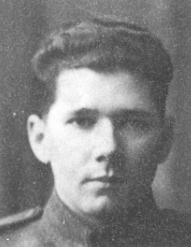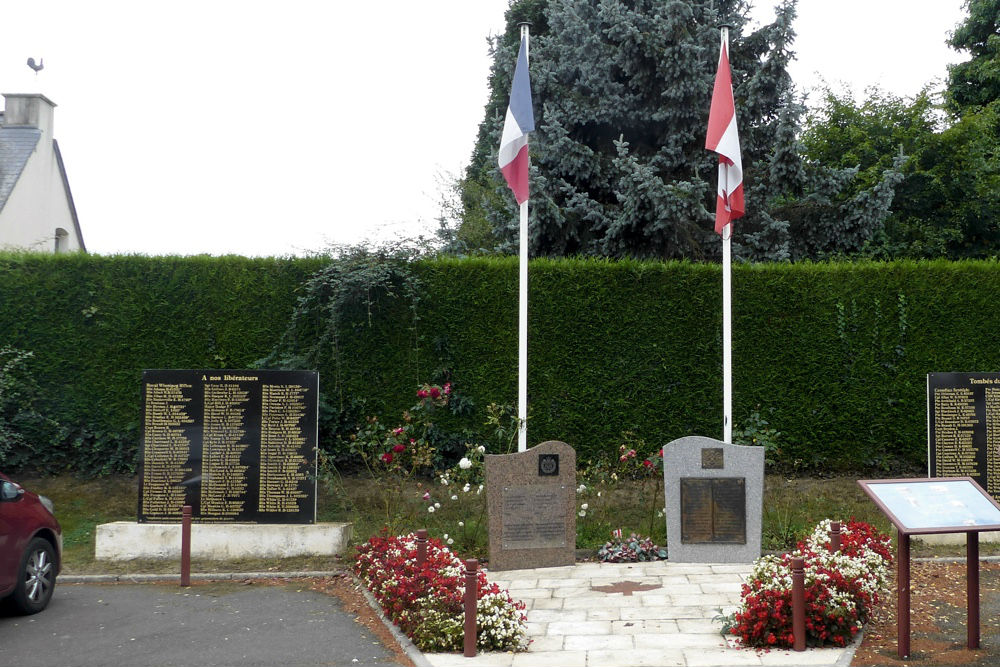Baskerville, Ernest Charles
- Date of birth:
- April 7th, 1922 (Hazel/Saskatchewan, Canada)
- Date of death:
- June 8th, 1944
- Buried on:
- Canadian War Cemetery Beny-sur-mer
Plot: XIII. Row: G. Grave: 16. - Service number:
- H/1797
- Nationality:
- Canadian
Biography
Raised in a rural farming community, Baskerville was one of six children. His father, Adran Edward Baskerville, was a trained mechanic and farmer, and his mother, Delia Baskerville, was a homemaker. Ernest grew up in Mayfield, Manitoba, where he developed a strong work ethic and mechanical aptitude through years of farm labor.
Education and Skills
Ernest left school at the age of 14 after completing Grade 9 in a Manitoba rural school. Though he found history challenging, he enjoyed school and had the same teacher for six years. He was fluent in English and had a particular interest in mechanical repair, often working on tractors and trucks. His father’s mechanical background influenced Ernest’s own skills, and he was known for his ability to overhaul vehicles.
Before enlisting, Ernest worked as a farm laborer for six years under Mr. A.Z. Baskerville in Morris, Manitoba. His duties included operating farm machinery and performing mechanical repairs. He was not affiliated with any trade union and had no formal apprenticeship, but his practical experience made him confident in his mechanical abilities.
Ernest enlisted in the Canadian Army on January 30, 1943, at Winnipeg, Manitoba. He was assigned to the Royal Winnipeg Rifles and held the rank of Private (later Rifleman). His military records describe him as quiet, courteous, and optimistic about receiving mechanical training. Despite scoring below average on army aptitude tests, he was deemed suitable for infantry service, particularly motorized roles.
His service included training at various Canadian military centers before being deployed overseas. He embarked for the United Kingdom in August 1943 and later participated in operations in France during World War II.
On June 8, 1944, during the Normandy campaign, Ernest was reported missing in action. It was later confirmed that he had been captured by enemy forces. Tragically, on June 9, 1944, Ernest Charles Baskerville was murdered while a prisoner of war—a war crime committed by members of the German military under Brigadeführer Kurt Meyer. This revelation came to light during post-war trials of German war criminals.
His death was officially recorded and communicated to his family with deep condolences from the Canadian military.
Ernest left a will dated October 14, 1943, bequeathing his entire estate to his mother, Delia Baskerville. She received his war service gratuity and campaign medals. A Memorial Cross was also issued to her in recognition of her son's sacrifice
Do you have more information about this person? Inform us!
- Period:
- Second World War (1939-1945)
- Period:
- Second World War (1939-1945)
- Period:
- Second World War (1939-1945)
- Period:
- Second World War (1939-1945)
Sources
- Photo 1: Operation Picture Me
- - Service record(s)








